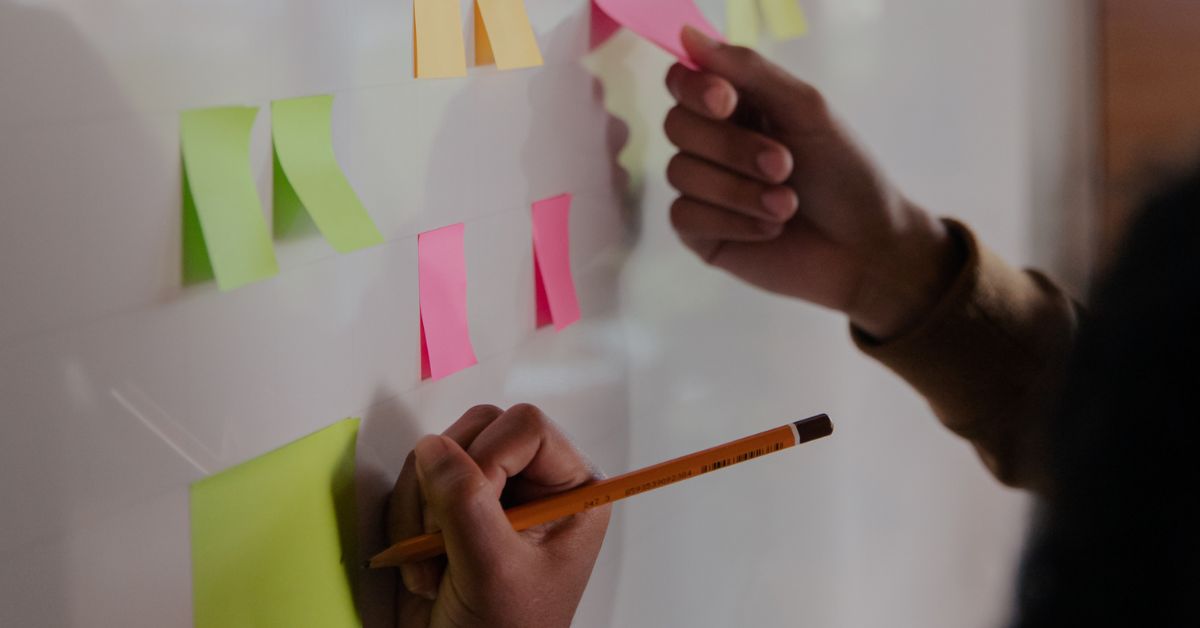Outline
- The Essence of Empathy: Stepping into Another’s Shoes
- Why Empathy Matters: Psychological Foundations
- Empathy in Action: Real-Life Examples of Relationship Transformation
- Cultivating Empathy: Practical Techniques for Everyday Life
- Beyond Understanding: How Empathy Deepens Connections
- Embracing Empathy as a Daily Practice
- FAQs
The Essence of Empathy: Stepping into Another’s Shoes
Imagine standing before a fogged-up window, straining to see the world clearly. On your side, everything seems obvious and straightforward. Yet through the blurry glass lies a different reality—someone else’s world, rich with complexities, feelings, hopes, and fears that remain hidden until you deliberately choose to see them.
Empathy is the intentional act of wiping that foggy window clean. It means stepping outside your own perspective, placing yourself into the emotional shoes of another, and genuinely experiencing their viewpoint. This powerful emotional shift transforms your understanding of the people around you, deepening your connections and reshaping relationships into bonds built on genuine comprehension and mutual respect.
Why Empathy Matters: Psychological Foundations
Empathy isn’t merely a soft skill—it’s deeply embedded within human psychology. Neurologists have discovered “mirror neurons,” brain cells activated when we observe others’ emotions. These neurons create emotional resonance, allowing us to feel echoes of others’ pain, joy, or distress. Empathy, therefore, is quite literally wired into our brains, enabling social connection and fostering emotional intelligence.
Renowned psychologist Daniel Goleman emphasizes empathy as a foundational element of emotional intelligence, highlighting its profound impact on communication and conflict resolution. When empathy is lacking, misunderstandings flourish, conflicts escalate, and emotional bonds fray. Conversely, when empathy thrives, relationships blossom into spaces of trust, authenticity, and emotional safety.
Empathy in Action: Real-Life Examples of Relationship Transformation
Consider a couple frequently arguing over household chores. Without empathy, each sees only their own frustrations. However, by consciously shifting their perspective, they begin seeing deeper truths. Perhaps one partner feels overwhelmed and unappreciated; the other, misunderstood and criticized. When empathy enters, accusations soften into meaningful conversations. Suddenly, the issue isn’t about chores—it’s about emotional needs for recognition and understanding. Such realizations foster compassion, patience, and lasting harmony.
Similarly, empathy transforms workplace dynamics. Imagine a frustrated manager unable to motivate a struggling employee. Initially viewed through frustration and judgment, this relationship stalls. However, through empathetic understanding, the manager recognizes that the employee’s challenges stem from insecurity rather than incompetence. By offering support and encouragement instead of criticism, the employee feels valued, understood, and inspired to perform better. Here, empathy bridges divides, turning strained relationships into productive alliances.
Cultivating Empathy: Practical Techniques for Everyday Life
So how can you nurture empathy in your daily interactions? Here are three practical strategies:
Listen Deeply, Speak Less: Truly empathetic communication begins with active listening—absorbing not just words, but underlying emotions. Practice withholding judgment and allow others the space to express their truths fully. You’ll be amazed how often listening itself heals wounds.
Ask Open-Ended Questions: Questions like “How does this make you feel?” or “Can you help me understand your perspective?” invite honesty and deepen connections. They signal your genuine interest and willingness to empathize.
Practice Perspective-Taking: When experiencing tension, pause and visualize the situation from the other person’s viewpoint. Imagine their emotions, struggles, or reasons behind their behavior. This mental exercise, even briefly, can dramatically shift your reactions from irritation to compassion.
Beyond Understanding: How Empathy Deepens Connections
Empathy is not merely an intellectual exercise. It’s an emotional commitment—an active choice to acknowledge and share someone else’s experience. When you empathize genuinely, relationships transcend superficial exchanges and become profound human connections.
In friendships, empathy establishes mutual trust and support, ensuring lasting bonds even during life’s storms. In romantic relationships, empathy creates emotional intimacy, forging enduring partnerships resilient enough to weather conflict and misunderstanding. In the workplace, empathy fosters respect, collaboration, and loyalty—turning teams into cohesive communities united by shared purpose.
Ultimately, empathy elevates our humanity, reminding us that each person carries invisible burdens deserving compassion and respect. It is empathy that transforms casual relationships into cherished bonds, shifting transactional interactions into genuine human experiences.
Embracing Empathy as a Daily Practice
Empathy isn’t a rare gift or special talent reserved for extraordinary people. It is a learnable, practicable skill available to anyone willing to pause, reflect, and see the world through another’s eyes. By consciously choosing empathy each day, you unlock profound relationship transformations—building bridges of compassion across divides of misunderstanding and mistrust.
Remember, every interaction offers you an opportunity: remain safely behind your fogged-up window, or courageously step forward, wipe away the blur, and truly see the person before you. The moment you choose empathy, your relationships, your understanding, and indeed, your very life, will transform in extraordinary ways.
FAQs
What if empathy feels difficult or unnatural to me?
Empathy is like a muscle—initially challenging but strengthened with practice. Begin with small steps, like active listening or perspective-taking exercises, and empathy will gradually become more intuitive and natural.
Can empathy help repair damaged relationships?
Yes, empathy is incredibly effective in healing relational wounds. Genuine empathy fosters emotional safety, trust, and understanding—essential foundations for repairing and restoring connections, even after significant conflict.
Is it possible to be too empathetic and neglect my own needs?
Absolutely. Healthy empathy involves balancing care for others with self-awareness and clear personal boundaries. Empathy should empower you, not deplete you. Balance your empathy with self-compassion and boundary-setting to maintain emotional wellbeing.












